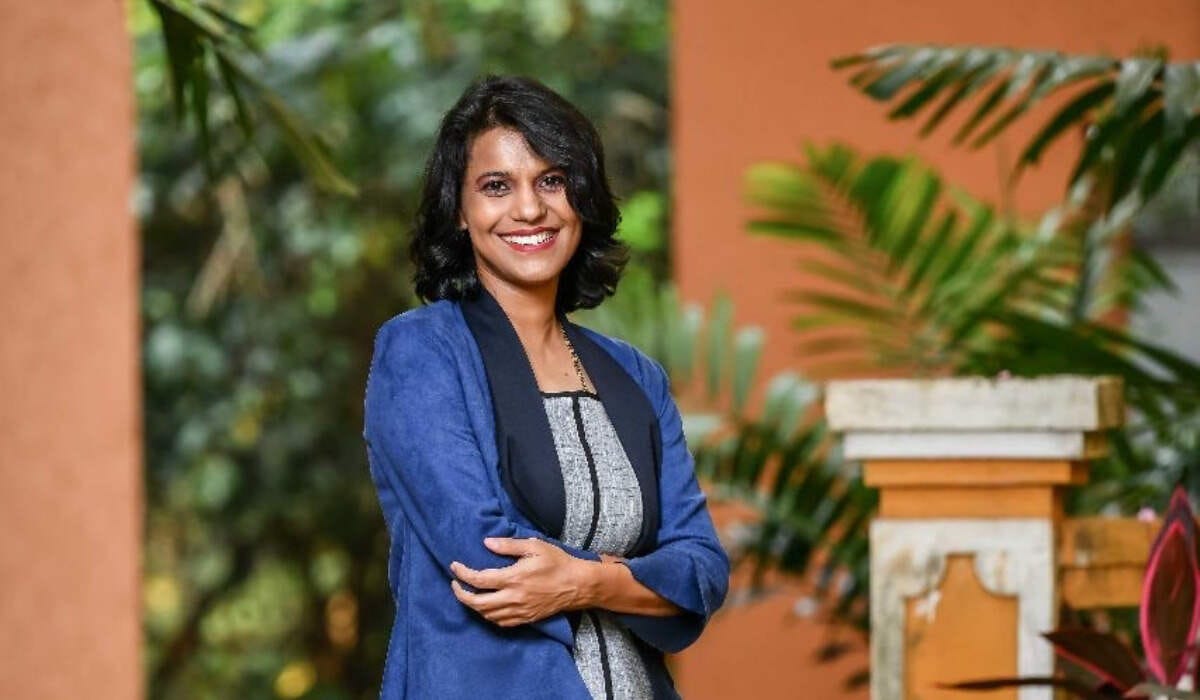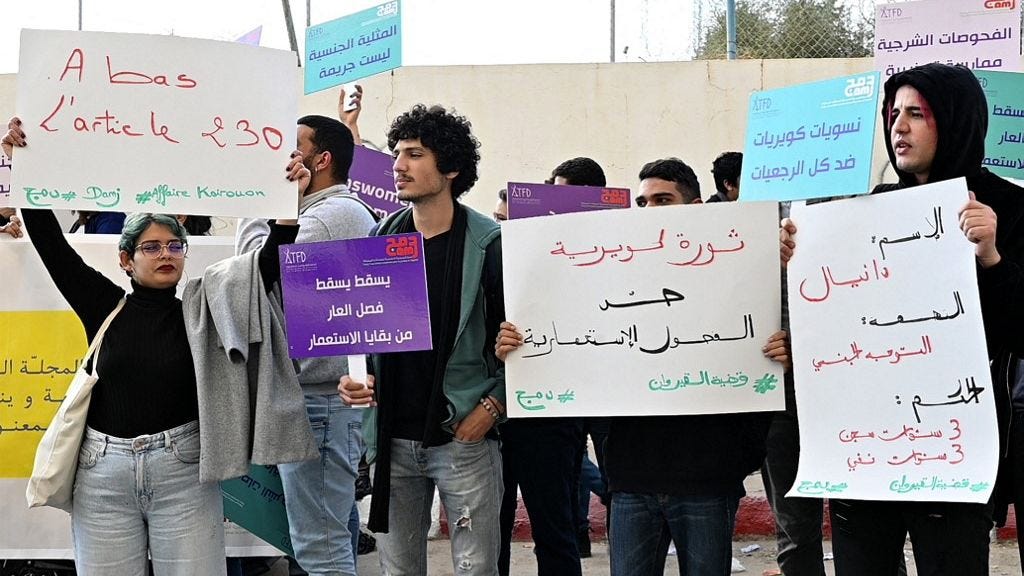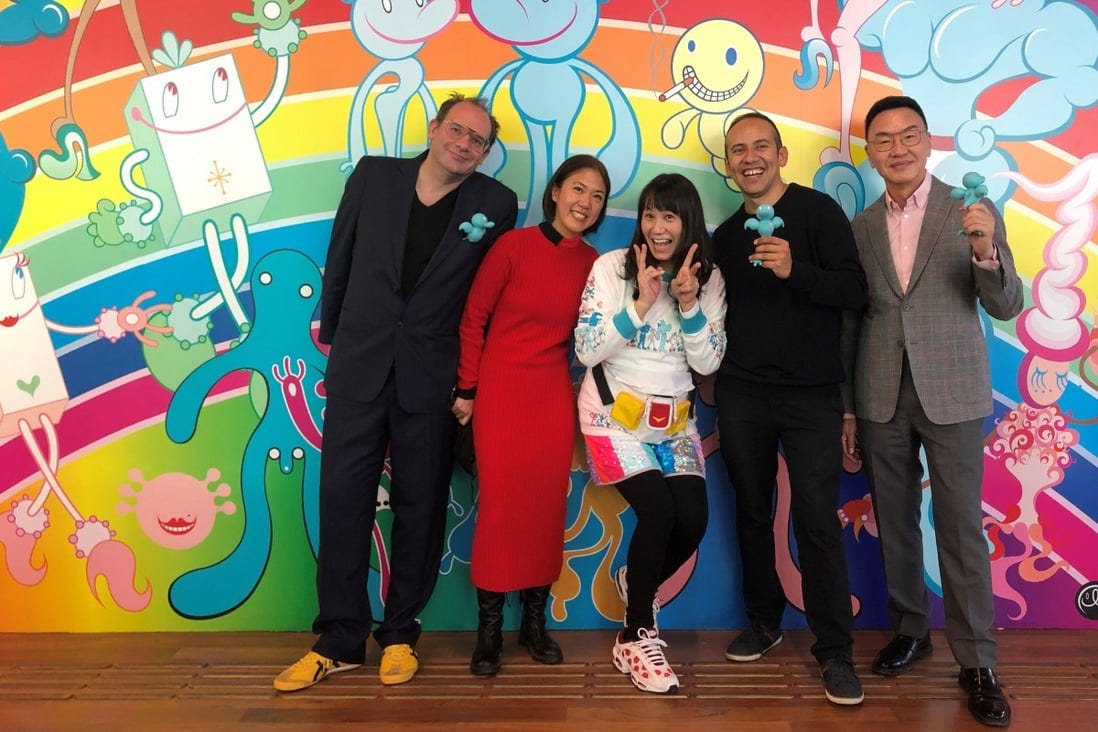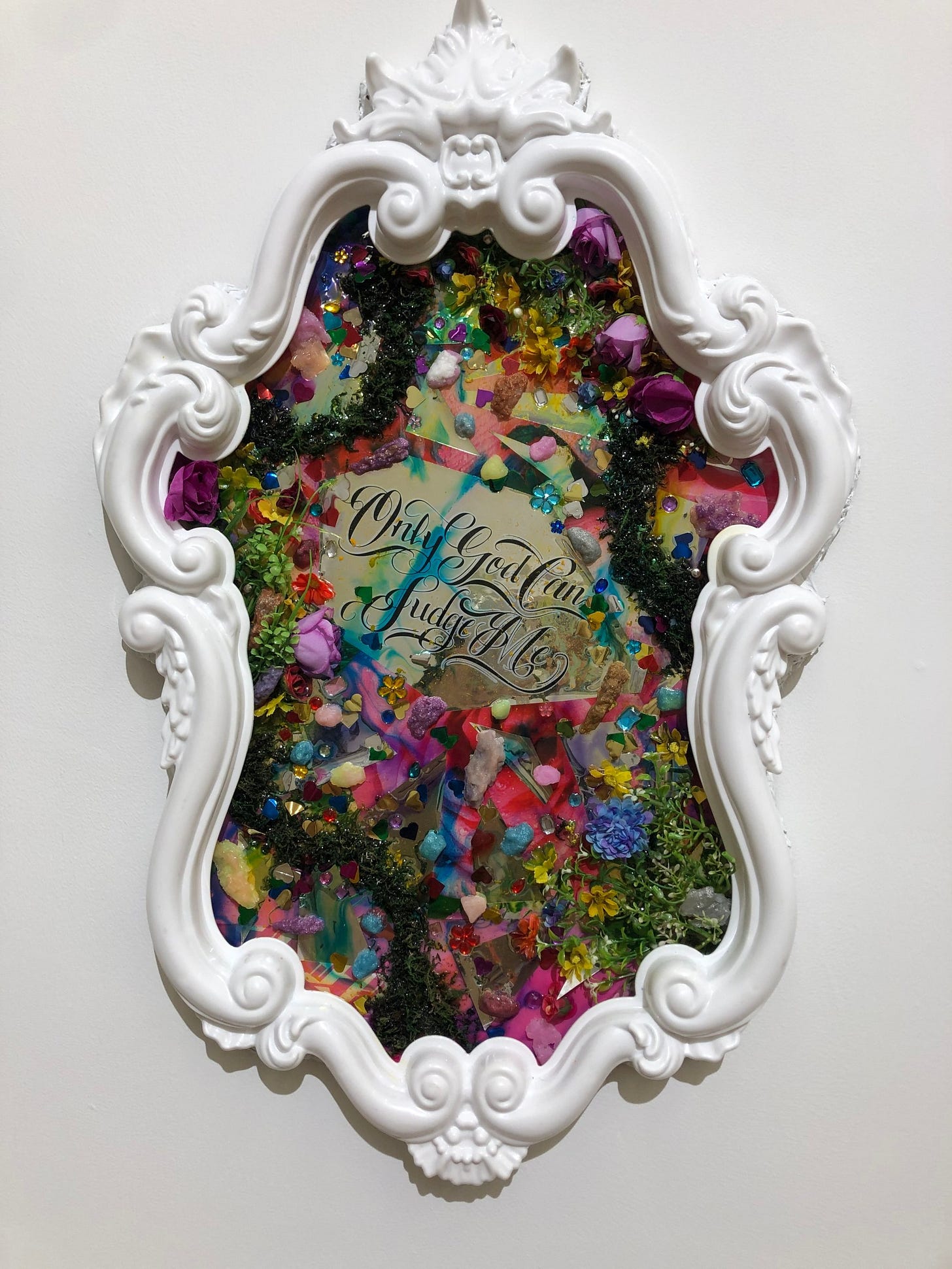Global Roundup: Afghan Women’s Journalism, Woman-Owned Alcohol Business in India, First Woman President of Mexican Supreme Court, Tunisian LGBTQ Rights Activist, Hong Kong LGBTQ Art Exhibition
Curated by FG Contributor Inaara Merani
Zahra Nader, a journalist from Afghanistan, started a women-led newsroom in Afghanistan to discuss human rights violations in the country. A PhD student in Women and Gender Studies at York University, Nader decided to put her studies on pause to focus on creating ZanTimes. ZanTimes strives to support, edit, and publish the stories of marginalized communities affected by the Taliban’s rule.
Nader left Afghanistan with her family in the early 2000s after the Taliban assumed power. Their family moved to Iran where Nader found herself at several different schools growing up as they could not secure formal schooling.
My entire childhood I was longing for education…We are shaping our own narratives to tell our own stories to preserve it for the next generation. So they can look back on the struggles and the situation in which a woman in Afghanistan resisted the Taliban, and how they fought to prove their rights. – Zahra Nader
ZanTimes covers stories of Afghan women, as well as ethnic and gendered minorities. The newsroom wants readers from around the world to understand the struggle of the people who the Taliban have silenced in order to raise awareness about the ongoing struggles of minority populations in Afghanistan.
With ZanTimes operational in Afghanistan, Nader plans to return to Canada to finish her studies so she can begin to teach at universities in Afghanistan once full rights to education have been re-established for marginalized peoples.
Via SheThePeople
Men have traditionally operated the alcohol business in India for the last decade, but a woman based out of Bengaluru is changing this. Varna Bhat recently started an alcoholic beverage company, Blisswater, defying the norm in the alcoholic beverage industry in India.
It took a while for people in the sector to accept that a woman is running this business. However, sticking to the fundamentals of business I learnt in my previous stints made sure I could bypass these supposed challenges. – Varna Bhat
The founder of Blisswater has entrepreneurial experience dating back to 2014. Her previous endeavours include an eco-friendly fabric branding company, marketing for various initiatives, and a creative house. With her most recent endeavour, Blisswater, Bhat created Rahasya Vodka, inspired by the mysticism of India. She wanted to create a beverage that would encapsulate the experience of India into a bottle, while also providing consumers with a good quality product.
We wanted to give everyone an understanding of what India in a bottle can be; from the smell, to taste, to look and feel everything that would represent modern contemporary Indian. – Varna Bhat
Although Bhat has established her footing within this industry, she recognizes the difficulties that women in India encounter as they try to enter the workforce. She urges women to rely on their skills to demand positions in the workforce that they are qualified for.
The world must keep aside the stereotypical biases when hiring women and let it be more merit and skill-focused rather than gender. I am blessed to be surrounded by several who have shattered glass ceilings. – Varna Bhat
Minister Norma Lucia Pina Hernandez takes the oath as president of the Supreme Court of Justice at the Supreme Court building in Mexico City, Mexico, January 2, 2023 [Mexico's Supreme Court/Handout via Reuters]. Photo via Al Jazeera.
A woman has been elected as the president of the Mexican Supreme Court for the first time in the country’s history. Justice Norma Lucia Pina was sworn in for a four-year term on Monday, in which she will remain independent, overseeing the entire national judicial branch.
Judicial independence is indispensable in resolving conflicts between the branches of government…My main proposal is to work to build majorities, leaving aside my personal vision. - Justice Norma Lucia Pina
Pina’s election has been welcomed by a number of politicians from opposing parties, however, she has been met with opposition as well. Justice Pina and President Andres Manuel Lopez Obrador have a history of opposing beliefs; Pina defended Mexico’s transition to renewable energy, whereas President Lopez Obrador favours the state-run fossil fuel firms.
Now is the time of human rights, the time for women. - Senator Olga Cordero, Lopez Obrador’s former interior secretary
Justice Pina has been known to advocate against the government’s nationalist energy agenda. When President Lopez Obrador sought to take control of Mexico’s energy sector, the Supreme Court invalidated key portions of his energy plan and then ordered the state to cut its carbon footprint as part of the ruling.
In this new position, Justice Pina will continue to fight for human rights in Mexico and will make history by being the first woman president of the Supreme Court to do so.
Tunisian human rights activists hold a rally outside a court in the east-central city of Kairouan. Photo via Africa News.
An appeals court in Tunisia has dropped its case against a queer activist in a landmark LGBTQ case. In 2015, six students in Tunisia were arrested and charged with engaging in homosexual activity, a law that dates back to French colonization. Later that year, they were sentenced to three years in prison and were banned from living in the Kairouan province for three years after their release.
The students appealed the verdict and had their sentences reduced to 40 days. However, Tunisia’s highest court, the Court of Cassation, sent the case back for another appeal. Five of the men had already fled abroad and found asylum by this time, but one remained in Tunisia and was hauled back to court. The individual is known as Daniel.
On the day of the appeal trial in December, activists showed up to protest the law that punishes homosexuality with jail time. The activists called for Tunisia’s courts to remove Article 230 of the Penal Code, also known as the article of shame.
The case was dismissed as null and void by the appeals court as the Tunisian police had searched the defendant’s laptop without authorization. The defendant, Daniel, carried the trauma of that one night with him for years because of a decades-old law that criminalizes queerness.
Since the revolution in Tunisia in 2011, members of the LGBTQ community have been able to work in more public settings, but their situation still remains precarious. The LGBTQ community is not widely accepted in Tunisia and queer people still face discrimination. This case ruling will set precedent for future cases in which queer people are arrested for engaging in same-sex activities, and it is a big step forward for the queer community in Tunisia.
From left: Tobias Berger, head of art at Tai Kwun Contemporary, the venue for “Myth Makers - Spectrosynthesis III”, an art exhibition focused on LGBTQ+ perspectives, Chantal Wong, curator, artist Maru Yacco, who made the mural in the background, Inti Guerrero, curator, and Patrick Sun, founder of Sunpride Foundation, which backed the exhibition. Photo: Enid Tsui via South China Morning Post
A new art exhibition in Hong Kong is celebrating Asian queer identity by showcasing LGBTQ excellence in art. Myth Makers – Spectrosynthesis III opened on December 23, and will run until March. It was originally created to coincide with Hong Kong’s Gay Games, which were repeatedly delayed, but it will now run for four months in Hong Kong, coinciding with the Art Basel showcase in March.
Being able to give the opening speech in Cantonese for this event makes me especially happy,” said Patrick Sun, who as a young man was sent to a psychiatrist after admitting to his mother that he was gay. He was speaking to a packed house; hundreds had shown up for the launch of the exhibition at the former prison.
Curated by Inti Guerrero and Chantal Wong, this exhibition features around 100 works of art produced by 60 Hong Kong and international artists. The artists represent both the Asian continent and its diasporas. Also featured are a number of pieces on loan from the National Gallery of Singapore and other collections.
“Only God Can Judge Me” (2022), by Wong Ka-ying, is included in “Myth Makers – Spectrosynthesis III”. Photo: Enid Tsui. Photo via South China Morning Post.
The exhibition is a testament to the multifaceted nature of queerness; each work of art tells a different story about the Asian queer experience. The inspiration behind the exhibition was queer mythologies and new traditions. The queer mythologies aspect highlights how same-sex desire or gender fluidity can be found in ancient belief systems in Asia. The new traditions aspect explores how newer practices in our lives can create non-normative bodily practices.
This exhibition in Hong Kong is the third installation in the Spectrosynthesis series, the others were held in Taipei and Bangkok. The three parts come together to present “conversations, representations, and anti-representations of stories, individuals and communities.”
“Equilibrium No. 8 – Boundaries” (2012) by Isaac Chong Wai. Photo: Enid Tsui. Photo via South China Morning Post.
Inaara Merani (she/her) recently completed her Masters degree at the University of Western Ontario, studying Gender, Sexuality, and Women’s Studies with a specialization in Transitional Justice. In the upcoming years, she hopes to attend law school, focusing her career in human rights law.
Inaara is deeply passionate about dismantling patriarchal institutions to ensure women and other marginalized populations have safe and equal access to their rights. She believes in the power of knowledge and learning from others, and hopes to continue to learn from others throughout her career.








